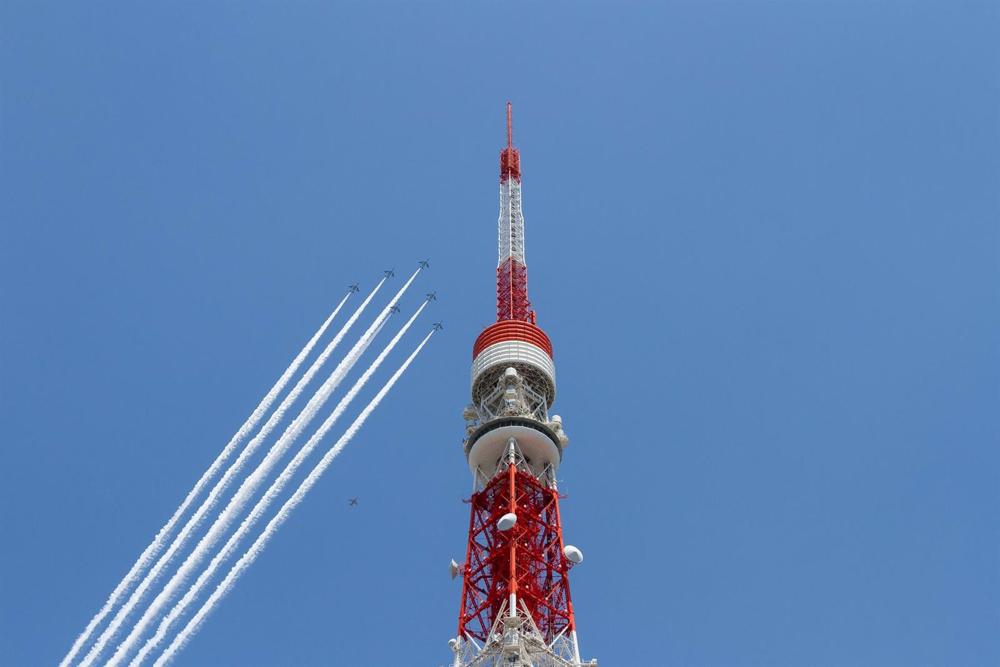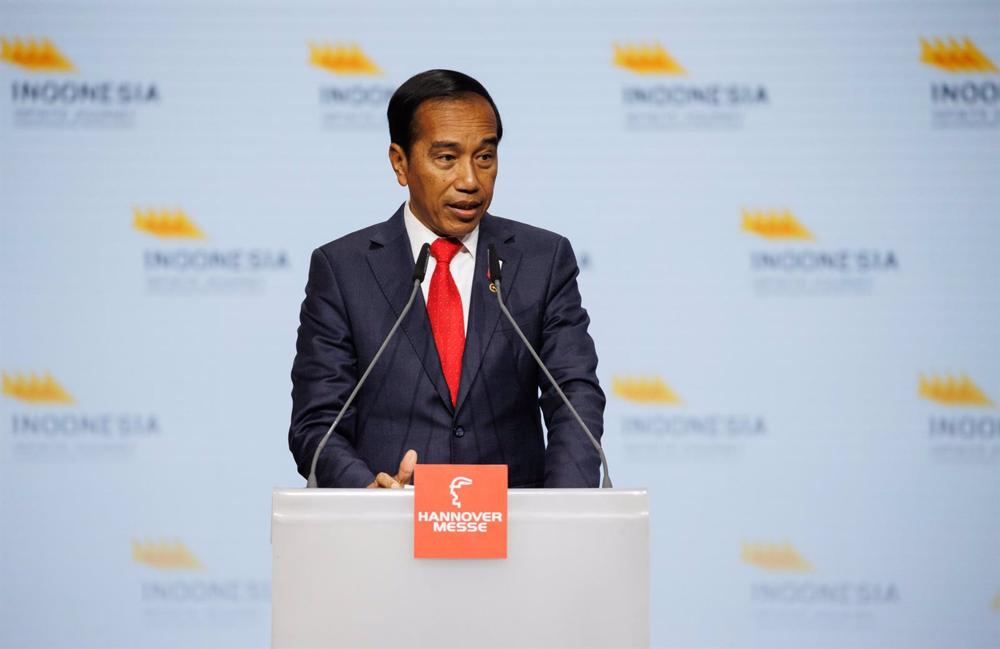
Japan’s Prime Minister Fumio Kishida on Friday unveiled what is seen as the most ambitious strategic security review since World War II, one that could herald a radical shift away from a historic policy limited to national «self-defense», with Japanese forces eventually being able to launch counterattacks outside their borders.
This new initiative, which could require an increase of up to one hundred percent in Japan’s annual defense budget, comes at a time when Japan is threatened by the growing military influence of China – which has already repudiated this document – in regional waters and North Korea’s constant ballistic tests.
The plan presented by Kishida is based on three pillars: the National Security Strategy (NSS), the National Defense Strategy and the Defense Force Development Plan. It is precisely the NSS that envisages the possibility of «conducting effective counterattacks on an opponent’s territory», in a decision he describes as «a minimum measure of self-defense».
It should be remembered that the Japanese Constitution greatly limits the operational capabilities of the so-called Japan Self-Defense Forces, which are legally incapable, broadly speaking, of resolving international conflicts through violence, although various Japanese governments have tried, to a greater or lesser extent, to push these limits whenever the country has found itself threatened by its neighbors.
This new plan also attaches extraordinary importance to maritime strategy, starting with increased deployment in the disputed Senkaku Islands, under Japanese control but claimed by China under the name of Diaoyu and by Taiwan (Tiaoyutai); and the Takeshima archipelago, also claimed by another country, in this case South Korea, under the name of the Dokdo Islands.
It remains to be seen what impact the possible tax increase being prepared by the Japanese government coalition will have on the population at a time when the Prime Minister’s approval rating is at an all-time low.
According to a draft accessed by the Japanese public broadcaster NHK, the bill envisages levying an additional tax of between 4 and 4.5 percent on corporate taxes in all sectors and extending the planned one percent hike on all individual income tax returns beyond the initial 2037 deadline.
CHINA AND KOREA REPUDIATE NEW DOCUMENT As might be expected, the Chinese government has strongly protested a security plan that it considers to have been drafted based on a distortion of reality.
Japan’s new security strategy, Chinese Foreign Ministry spokesman Wang Wenbin has declared, does nothing more than «exaggerate the alleged ‘threat from China'»; a document that «ignores the facts, deviates from its commitment to Sino-Japanese relations and common understandings» and represents, in general terms, «an exercise in baseless discrediting.»
For the time being, however, the presentation of this plan has not affected talks for a visit to China, possibly later this month, by Japanese Foreign Minister Yoshimasa Hayashi, according to the official Chinese newspaper for the international community, the ‘Global Times’.
Also the South Korean Foreign Ministry on Friday lodged a «strong» protest against Japan because the document declares under Japanese sovereignty the disputed Dokdo islands, which Seoul describes as a territory «inherently» its own under the auspices «of history, geography and international law», in the words of Foreign Ministry spokesman Lim Soo Suk, as reported by the official South Korean news agency Yonhap.
«The Japanese government should realize once and for all that repeating falsehoods about the Dokdo do not help our future relations and we will respond harshly to any provocation over the archipelago,» he warned.
WHITE HOUSE BACKING The US government has declared its full support for the new strategic plan, applauding it as a «bold and historic step» to defend a «free and open Indo-Pacific region,» in the words of National Security Advisor Jake Sullivan.
«The strategy sets out a vision of Prime Minister Kishida and the Japanese people for a broad and strong community of partners and allies in support of peace and stability in the region,» he said in a statement in which he also defended the increase in defense spending planned by the Japanese government because it will «strengthen and modernize» the alliance between the two countries.
«The new strategy reinforces Prime Minister Kishida’s deep commitment to international peace and nuclear non-proliferation,» according to Sullivan, who also describes the new plan as an important precursor to the increased role Japan will assume next year, when it will take a seat on the United Nations Security Council and host the G-7.
«We congratulate Prime Minister Kishida and the people of Japan on their historic new National Security Strategy, which will help us and our partners achieve lasting peace, stability and prosperity,» Sullivan concludes.






